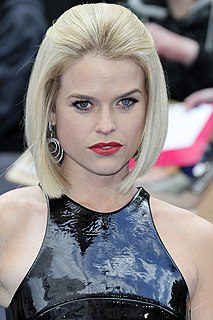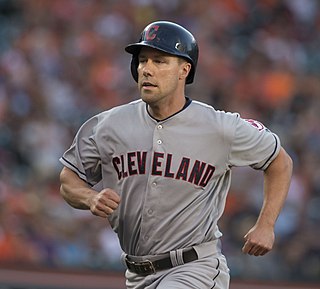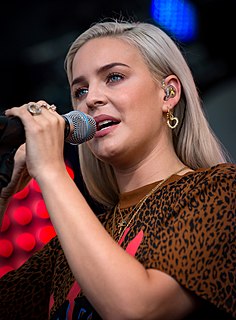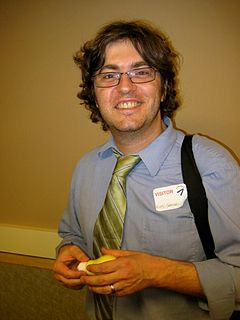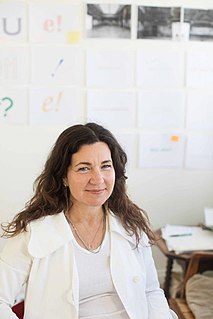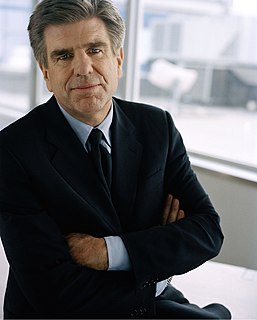A Quote by Mike Mills
It's funny now how much we look at - whatever you want to call it: art, design, culture stuff, film - online, and how in the online world, you're instantly global.
Related Quotes
Designing Online Communities is a must-have for anyone designing or researching online communities, particularly for learning. Owens' work is both comprehensive and eminently readable, a sweeping look at the technologies, design patterns, and cultural forms they produce that is both theoretically ambitious and grounded in examples and tools that will help you develop, research, and manage online communities.
I think half the people who get married now have met online. If I think about all the people in my life who married - they met online, online, online. And it makes sense if you think about it, because you fill out this form of 35 things that really define you and - bam - look, you've got two people who match. It works.
Art is consumed in so many different ways. You could say people don't stop to appreciate art. On the other hand, people can consume art more quickly. Twitter, videos posted online - how do you utilize that? How do you identify yourself as an individual when you're sitting at this massive dinner table of the world with everyone on, from Kansas to Dubai?



